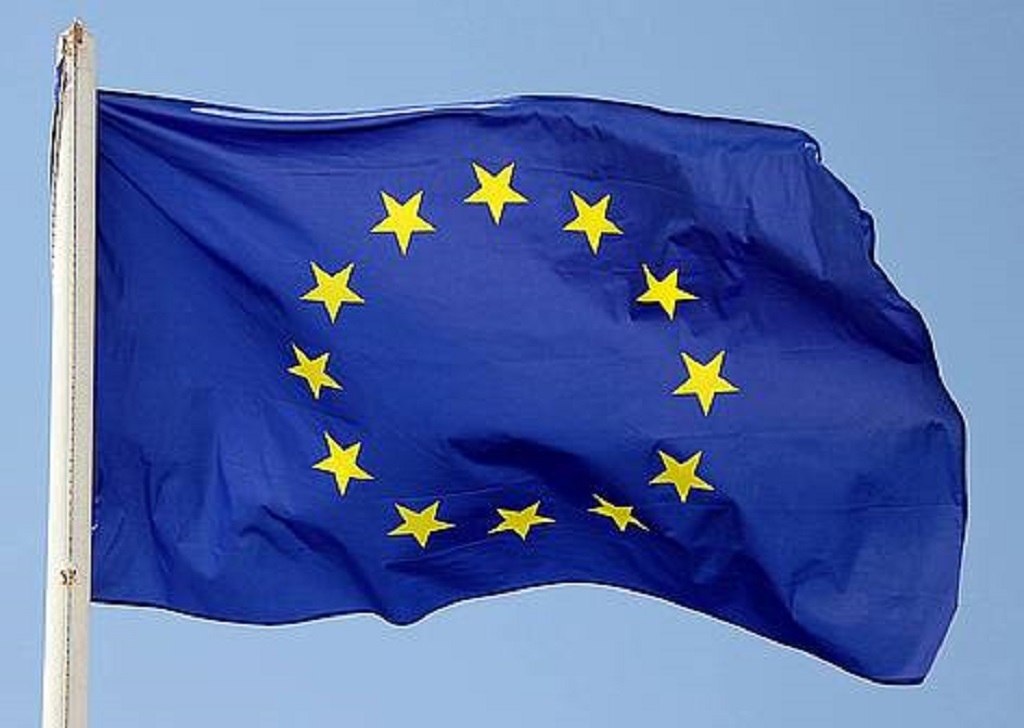“We, the presidents of the countries of Central and Eastern Europe, who visited Kyiv during the war and saw with our own eyes the effects of Russian aggression, in the face of serious violations of international law by the Russian Federation, cannot remain silent,” begins the statement signed by the presidents of Poland, Romania, the Czech Republic, Slovakia, Estonia, Latvia, Lithuania, North Macedonia, and Montenegro. Notably absent from them is Slovenia, which, with the appearance of the government of Robert Golob and Foreign Minister Tanja Fajon, once again sank into international anonymity, incompetence, and flirtations with the Russian Federation.
The statement of the presidents of the region, which also includes Slovenia, referred to the illegal and illegitimate annexation of four Ukrainian regions to the Russian Federation, which followed a show staged in the Kremlin for the domestic public, called referendums. The presidents unequivocally refused to join. “We do not recognise and will never recognise Russian attempts to annex any part of Ukrainian territory,” they wrote in the statement.
The signatories of the statement went on to write that they support the decisions that NATO made at the 2008 NATO Summit in Bucharest. At this summit, the Western leaders advocated an open-door policy, which was intended to ensure that even countries such as Ukraine and Georgia have a long-term perspective of joining the alliance. In retrospect, it was a mistake that the mentioned countries were not accepted even then. Just to mention, the US was in favour of immediate annexation of both countries, opposed by France and Germany.
The support of the signatories of the declaration is particularly significant, since Ukraine recently, in fact immediately after the declaration of the “independence” of the Ukrainian regions, applied for admission to the alliance. How the request will unfold is not yet clear at this time. When NATO Secretary General Jens Stoltenberg was asked about this at a recent press conference, he said that at this point there is a consensus among allies that NATO is not involved in the conflict at this point, but they are committed to helping Ukraine achieve justice, which it has under international law, i.e., the right to territorial integrity.
Decisive words of the presidents
We support Ukraine and their defence against Russian invasion. We demand that Russia immediately withdraw from all occupied territories and encourage all allies to substantially increase military aid to Ukraine. All those who commit crimes (aggressions) must answer for their crimes and be brought to justice.
Why is Slovenia not on the list?
Here, the question is rightly raised as to why Slovenia is not among the signatories of the declaration. There are many possibilities, from indifference to incompetence and ultimately also the (not so) covert pro-Russian orientation of the Slovenian government. According to the information coming from the office of the Ukrainian Prime Minister, the latter option is the most likely. According to the currently available information, 12 countries, including the USA, Germany, and Canada, are currently supporting NATO membership. Slovenia does not appear on this list either.
Is Slovenia on the way to international isolation?
When it was still in the opposition, the Slovenian left was extremely critical of the external political orientation of the then government. The extreme left advocated (as today) the unilateral disarmament of the victim of aggression and its immediate submission to the aggressor. The president of the Social Democrats first advocated blocking Ukraine’s accession negotiations, then criticised Janez Janša for visiting Kyiv. When she became Foreign Minister, she submitted to the dominant discourse of European social democrats, declared herself a friend of the Ukrainians, followed by a downright comical visit to Kyiv, in which she unsuccessfully tried to imitate the former prime minister, but she failed. Robert Golob did not give coherent positions during the pre-election campaign, and after taking the oath, he embarrassed himself in his first international interview for the BBC.
When Ukrainian President Zelenskyy officially applied for membership in NATO, both the Prime Minister and the Foreign Minister had a golden opportunity to put Slovenia on the international map again, as one of the first supporters of the victims of aggression. It was an opportunity to stand up for the weaker, for the victim, but they failed. Well, maybe Slovenia will just land on the international map, but for the wrong reasons. Given the clear Russophile background of all the political parties in power, it could very well happen that in the end Slovenia would remain one of the last countries that would oppose, if not even prevent, the accession of Ukraine.
Gal Kovač


